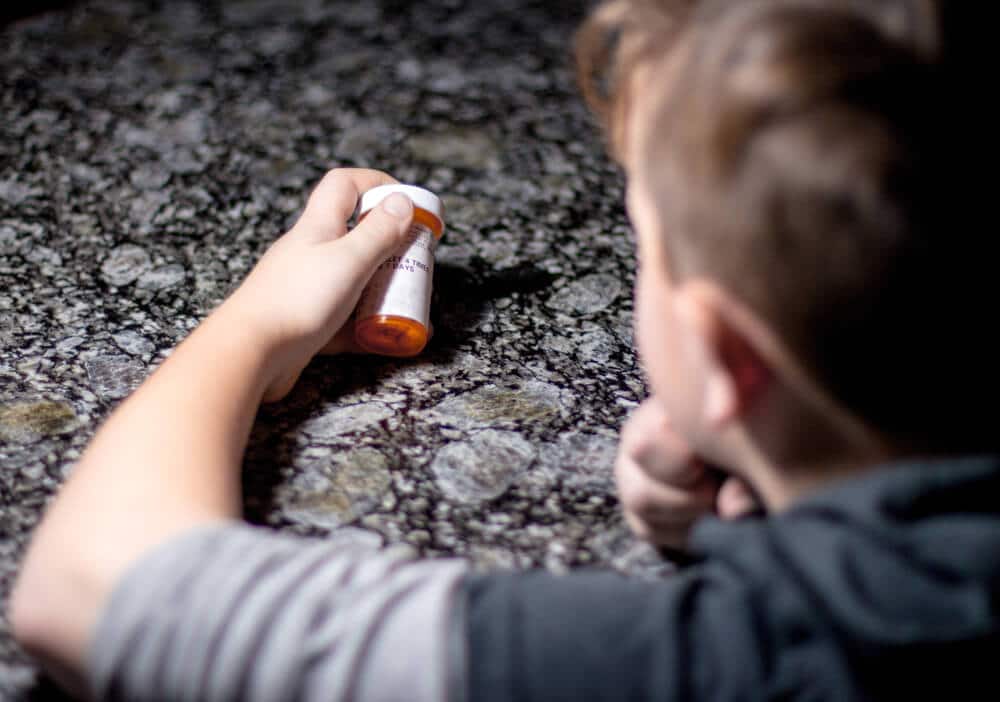
A Guide for Navigating the Dangers for Children of Addicted Parents
Legacy Healing Center Blog
Learn how children of addicted parents take on specific behaviors and how to prevent this from happening.
Have you ever wondered about the psychological and physical effects that children of addicted parents face when brought up in a home with drug or alcohol use?
We are all well aware that the environment in which we are raised has a great influence on the way we communicate, our behaviors, preferences, habits, and the way we react to situations.
And with the National Institute on Drug Abuse estimating that at least 25% of children in America are being raised in homes where alcohol or drug use is present, it is important to understand the influence this has on the child.
Not only are these children statistically twice as likely to have an addictive disorder in the future, but research shows children of alcohol or drug addicted parents also exhibit diminished school performance, lower self-esteem, behavioral issues, psychological or emotional disorders, an increased risk in anxiety, depression or being diagnosed with a stress-related disorder, and also an increased likelihood of sexual, verbal, or physical abuse.
Sadly, many children of alcohol and drug addicts live in an environment where parenting is often unpredictable and inconsistent. Because the atmosphere is often chaotic, children miss out on feeling safe and being in a stable environment where they can thrive and learn healthy behaviors.
Some children may also live with physical or emotional abuse because of the parent’s addiction, which then produces trust and anger issues in the child.
How Children Cope with Drug-Addicted Parents
In addition to unstable environments, children of drug addicts may also take on certain family role types as they try to make up for behaviors and affections not being received from the parent.
For example, The Hero role type is usually an older child who begins taking on parental responsibilities. This type is typically self-reliant and dependable. While this role type tends to excel in leadership roles in the future, they often experience anxiety and loneliness.
There is also The Scapegoat role in which a child will act out in negative ways as a form of communication and to also keep the attention off of a parent. In some situations, people in this role can turn to addictions themselves, promiscuity, or extreme behaviors to keep their minds off of what is going on in the home environment.
And while there are dangers to be aware of for children of addicted parents, there are also things to know that can help the child build his or her self-confidence and learn how to express themselves in healthy ways. These include:
- Having a confidant – It is important for the child to have a responsible, older person in his or her life that they could confide in and trust. This could be a neighbor, teacher, coach, or uncle or aunt. Healthy conversation and having a safe place where the child can express himself or herself is crucial in building self confidence and learning what a healthy relationship is.
- Engage in positive activities – It is important for the child to participate in beloved hobbies or interest rather than isolate him or herself. This allows them to meet other people, and do something for themselves that they enjoy and which allows them to express themselves.
- Keep a record – If the child or teen enjoys writing, journaling is a great way to get thoughts and feelings down while also keeping a record of the things that are taking place in case it is needed at a later date. For some people, journaling doesn’t come easy so they may want to consider making a video, writing a song, or engaging in a form of artwork.
- Have an emergency contact list – This list should contain a variety of phone numbers of people who are familiar with the home situation, can be trusted, and are willing to help the child in an emergency. Consider relatives, teachers, neighbors, emergency hotlines, police, etc.
- Remind yourself you are not to blame – Perhaps one of the most important things on this list is for the child to understand he or she is not to blame for the parent’s addiction or behavior. Children need to know they cannot cure someone from addiction and they didn’t cause the problem to occur. Also, consider support groups like Alateen to meet other children of alcohol or drug-addicted parents for encouragement.
These are just a few tips to help children of drug addicts navigate the home environment and learn how to support themselves. Browse the Legacy Healing Center blog to learn more about alcohol and drug addiction, and how to engage with a parent who uses addictive substances.
You can also learn more by calling 888-597-3547 .